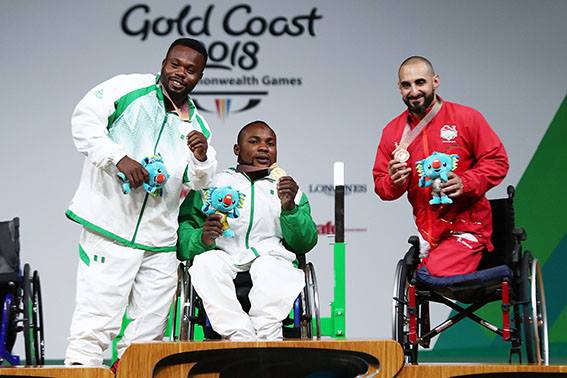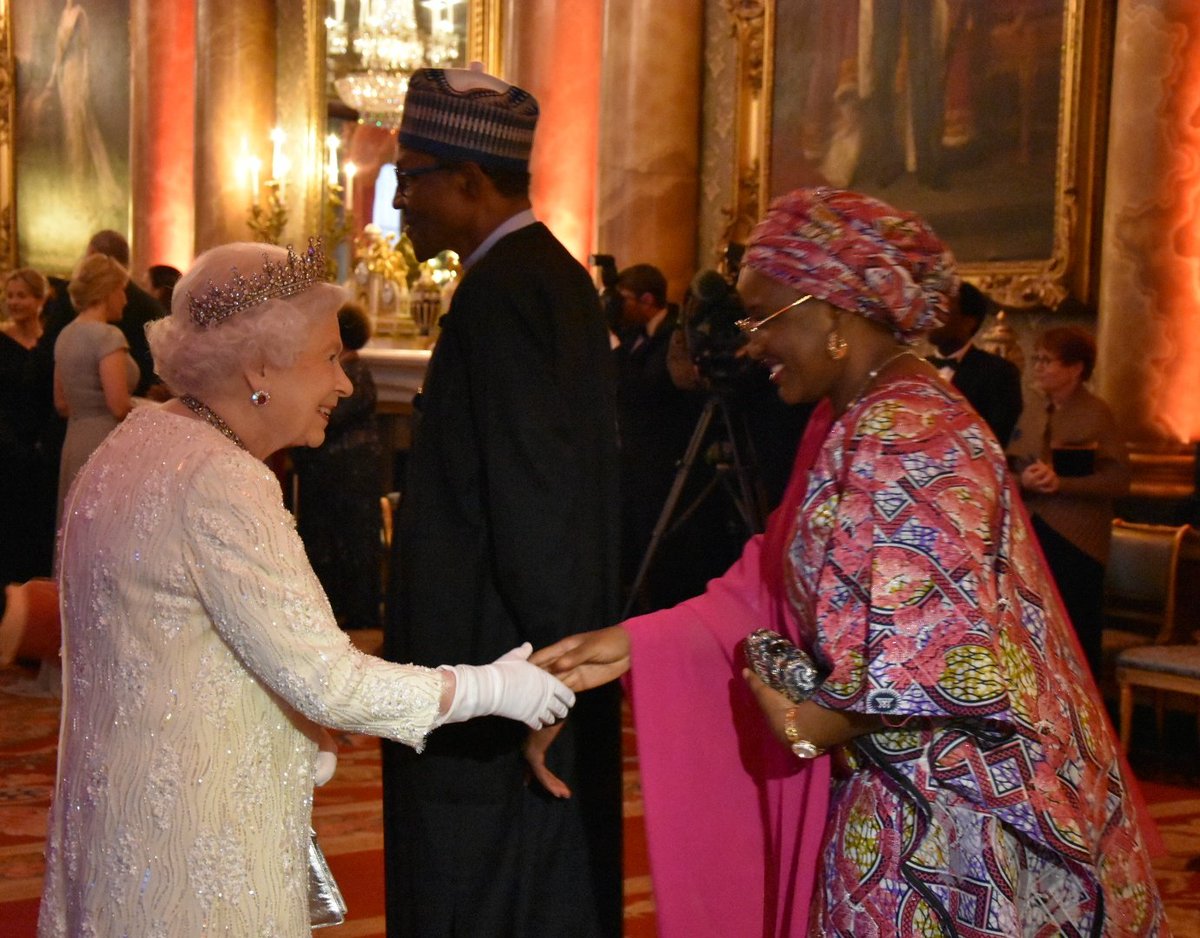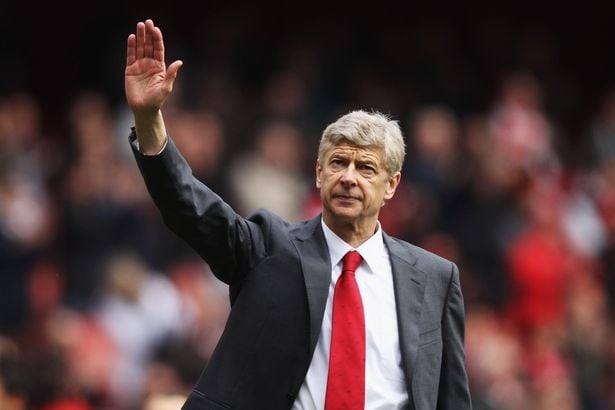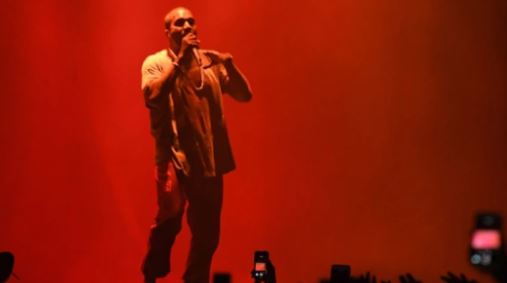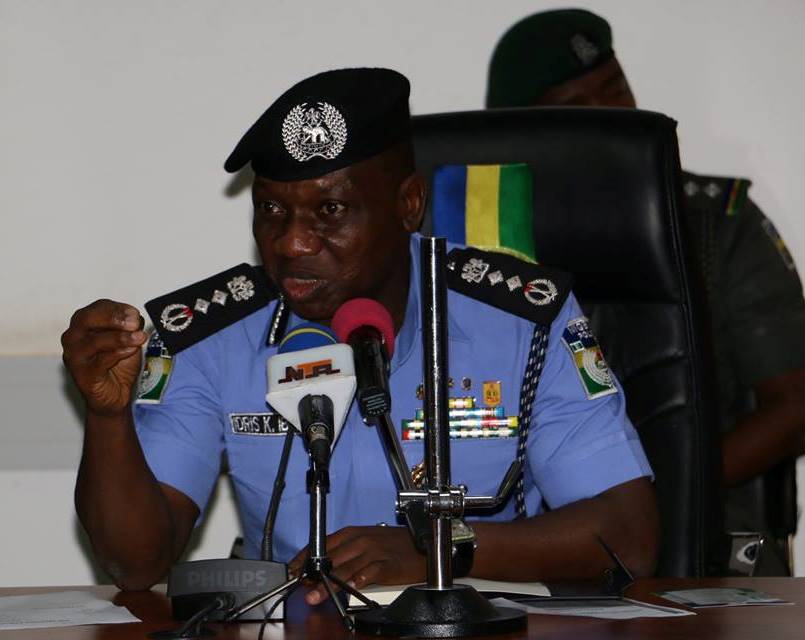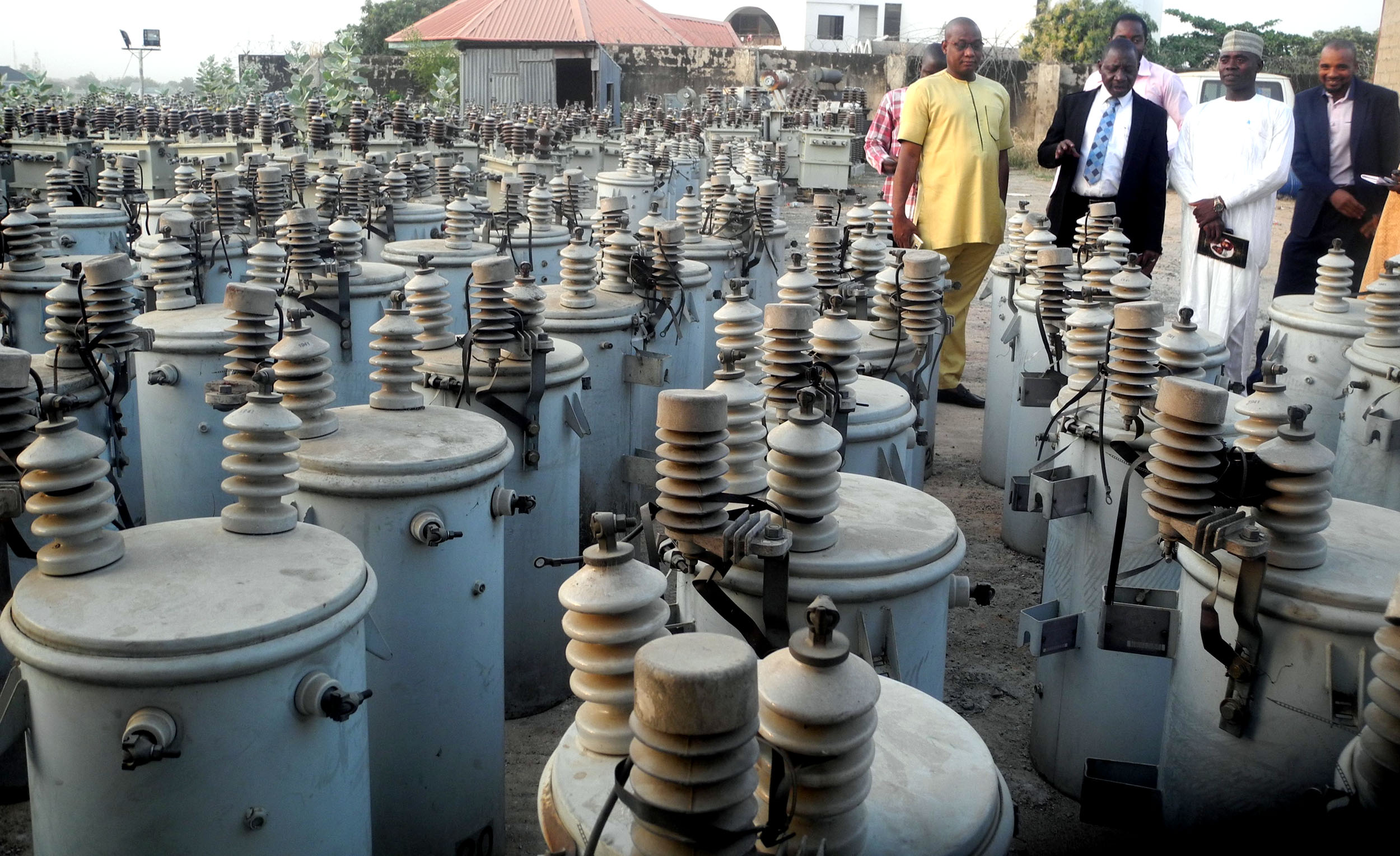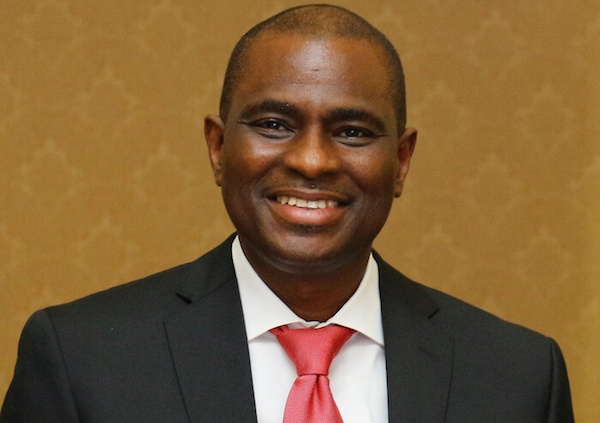The 2018 Commonwealth Games in Gold Coast, Australia has come and gone.
After an inspiring performance at the 2014 Games held in Glasgow, a lot was expected of Team Nigeria.
The Nigerian contingent to Glasgow came closest to upending the performance of their compatriots 20 years earlier in Victoria Canada – who bagged an outstanding medal haul of 11 gold, 13 silver and 13 bronze medals to finish fourth overall.
The 2014 set finished with11 gold, 11 silver and 14 bronze medals to end the competition in the eighth position.
Advertisement
Surely there was pressure for an even better performance at the recently concluded tournament.
As the team arrived the Nnamdi Azikiwe International Airport on Wednesday, the question on everyone’s lips remained – was Gold Coast 2018 really a success?
Slow start, strong finish
Team Nigeria entered for eight sporting events, with expectations placed on athletics, wrestling, weightlifting, powerlifting, table tennis and boxing.
Advertisement
The performance of Nigeria’s basketball team D’Tigers was shambolic, as they were thoroughly beaten without a single win – not even the individual efforts of team captain Ike Diogu could save them.
The male boxing outing showed that Nigeria is still light years away from returning to the top echelon of the sport, as Sikiru Ojo, Adeola Soyoye, Osita Umeh and Lukmon Lawal were punched out of contention.
But it was not all bad news as the powerlifters came to the rescue.
Roland Ezuruike, Esther Oyema, Ndidi Nwosu, and Abdulazeez Ibrahim swept other challengers aside to pick up four gold medals while Paul Kehinde and Lucy Ejike scooped silver medals.
Advertisement
From then onwards, Nigeria never looked back.
Odunayo Adekuoroye maintained her wrestling dominance at the Games as she easily won a gold medal, with Blessing Oborududu and Aminat Adeniyi also winning gold medals.
In table tennis, Aruna Quadri showed why he remains one of Nigeria’s best ping-pong exports as he led the duo of Segun Toriola, Bode Abiodun and Faith Obazuaye to fetch six silver medals.
Suwaibidu Galadima captured the world’s attention as he won gold in the men’s 100m T47 final.
Advertisement
Nigeria has under-performed in several athletics events in recent times, but the Gold Coast outing showed that on the tracks, Nigeria is not just about Blessing Okagbare-Ighoteguonor.
The veteran led the women’s 4×100m relay team to a bronze medal finish, while the women’s 4×400m relay team won a silver.
Advertisement
The shining light for Nigeria came not from long jump or triple jump, but from women’s 100m hurdles.
Oluwatobiloba Amusan stole the limelight as the former African junior champion powered to a gold medal finish ahead of the racing field.
Advertisement
For Nigeria, this was no doubt the special moment.
Nigeria finished the 2018 Commonwealth Games with nine gold, nine silver and six bronze medals to place ninth overall, which was one place lower than her 2014 standing.
Advertisement
Conflicting reviews
Solomon Dalung, minister of sports, declared Nigeria’s participation at the 2018 commonwealth games a success.
He said: “I thank you very much for making us proud. We have 9 gold, 9 silver and 6 bronze medals totaling 24. We have done a comparative analysis and looked at the size of our contingent when we went to Glasgow. How many sports we competed in and how much money was voted?
“These are the factors which will confirm whether we have done better here or not. From the average knowledge of what I have, we have done better here than what we did in Glasgow.”
But not everyone agreed with his position.
The Sports Writers Association of Nigeria (SWAN) said Nigeria could have yielded better results if the right things had been done.
“It is unbelievable that the minister of youths and sports, Solomon Dalung, could contend that our performance in Gold Coast which brought a total of 24 medals from 10 sports was better than that of Glasgow in 2014 where the country recorded 36 medals, comprising 11 gold, 11 silver and 14 bronze medals from seven sports,’’ SWAN said in a statement signed by its secretary-general, Olawale Alabi.
“Also, given the resources that were put into our participation at the Gold Coast Games, as well as the benefit of learning from the mistakes of the past, we should have done better than ever.”
Changing guards, new horizon
The 2018 Commonwealth Games could be the last for the ageless Quadri and the never-say-never Okagbare-Ighoteguonor but the good outings by the likes of Amusan and Abiodun showed that there is no cause for alarm.
The gymnastics team was not expected to win much, but it is vital to commit more resources in discovering better talents, because, in competitions like the Commonwealth Games, individual events win more medals than team competitions.
This was evident in powerlifting and wrestling.
With the array of talents the country has, Nigeria is expected to field a stronger team and challenge for the top position at Birmingham 2026.
Add a comment
